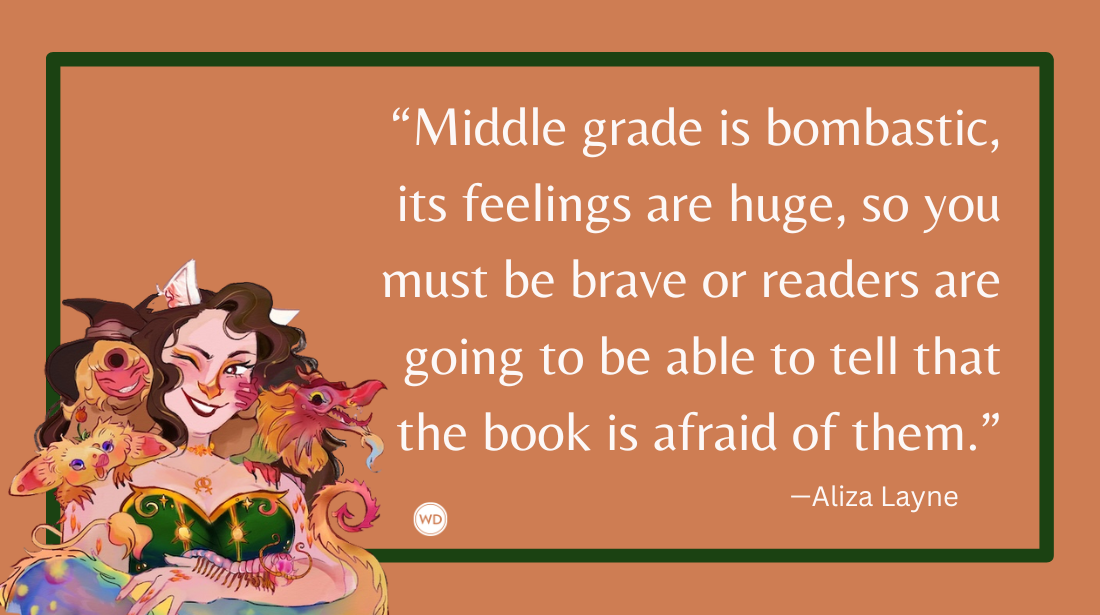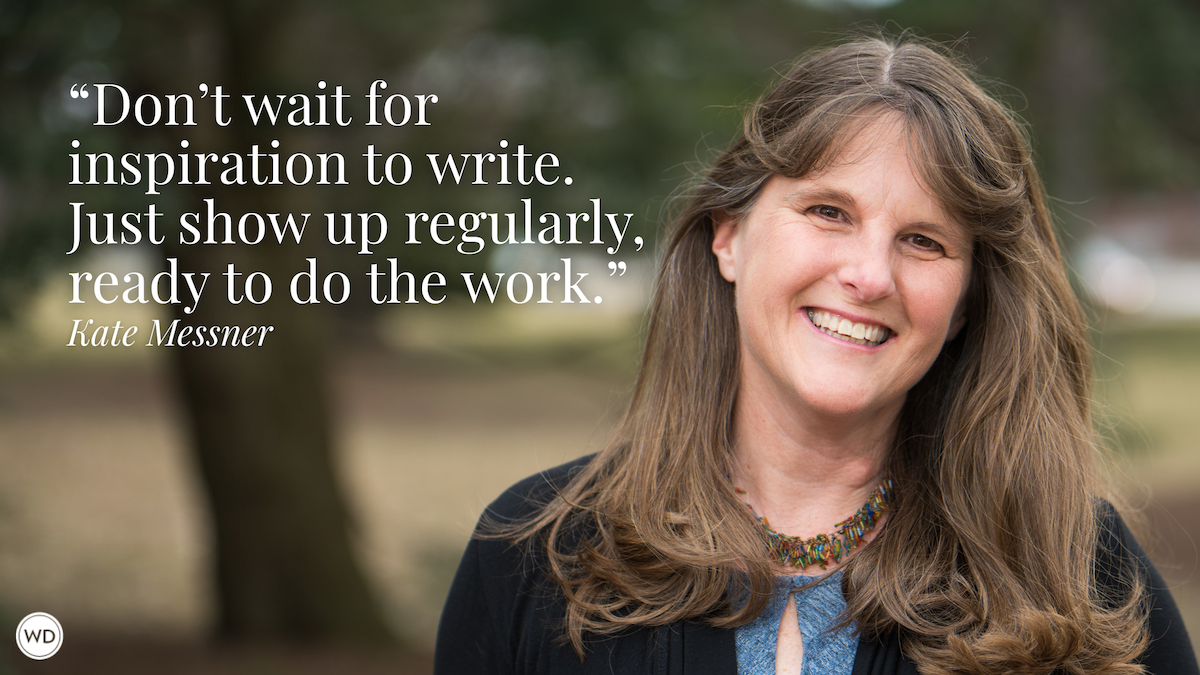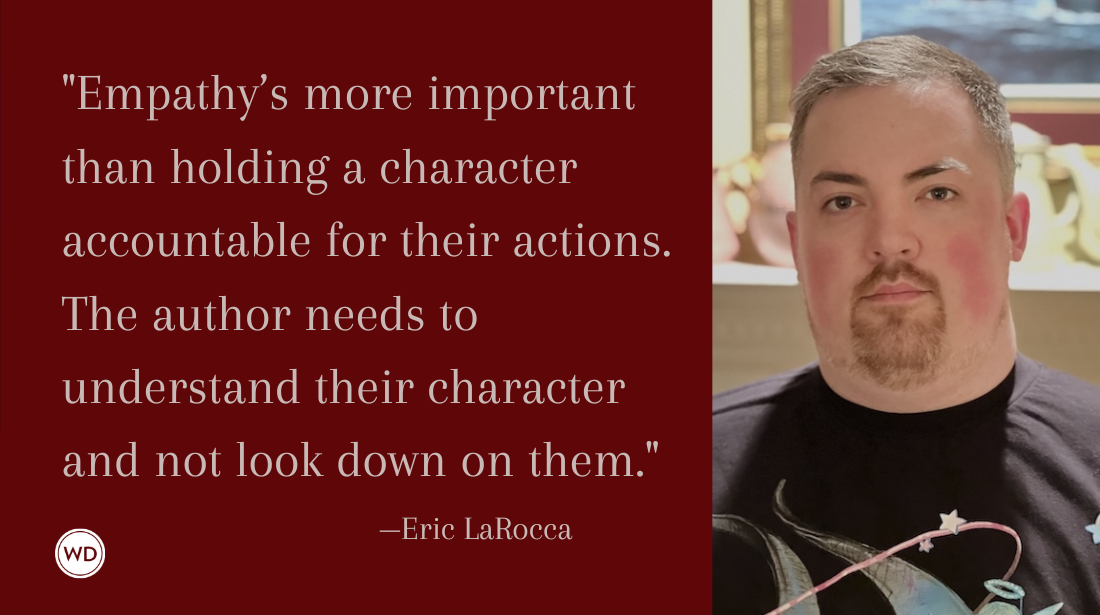How Telling the Truth Can Increase the Tension and Humor in a Novel
When the truth is often the thing that stories strive to get to the bottom of, author Holly James makes a case for making truth-telling a central part of the story itself.
What makes telling the truth funny? Most of us were taught as children that lying is wrong and honesty is the best policy. So then why is this moral we are supposed to live by so prime for turning into a comedic plot device? Perhaps because most of us in adulthood have forsaken our childhood lessons, whether by intention or necessity, or perhaps even social norm, and the act of telling the truth can now send repercussions through every facet of our lives, many of them comical. The truth is shocking and unexpected. It goes against custom. It can sometimes be confrontational. It can sometimes, truly, set you free.
When I got the idea for my debut novel Nothing But The Truth, I knew that a story about a woman suddenly unable to lie would be full of surprising, humorous, and important moments. I’ve jokingly described this book as a feminist tirade disguised as a comedy, but at its core, it truly is. While the story centers on Lucy, a Hollywood publicist rising the industry ranks, the truth itself plays an equally important role. In crafting the story, I made several considerations when using honesty as both a comedic and plot-driving tool.
Consider the Context
I set Nothing But The Truth in the world of Hollywood publicity because Lucy needed to have a job where her sudden inability to lie would have serious consequences. Where better than an industry founded on fiction and fabricated image? Lucy spends her days spinning publicity stories to keep her celebrity clients’ public images shiny. The sudden obstacle of being unable to assure them their photoshoot looked great, or their new movie review wasn’t so bad, or their run-in with the law would be an easy fix made for clear and comical stakes.
Zooming out, and perhaps more central to the book’s overall theme, I used Hollywood’s reputation for misogyny and mistreatment of women as context for confronting both injustices in general. One of the primary obstacles Lucy faces during her day of honesty is her ongoing harassment at work. With no choice but to finally speak up about it, her behavior initiates a sequence of events that transforms her workplace culture and personal life.
All of this was made possible by setting the story in a context where telling the truth would really matter. It created stakes, it allowed for laughs, and it set up an opportunity for the social commentary at the core of the book.
Consider Honest Emotion
While it may have been easier for Lucy’s magical and sudden inability to lie to also include a newfound spine of steel that allowed her to march around without fear of repercussions all day, a huge component of the story is her gradual realization about the importance of the truth, the bravery it takes to tell it, and the ways it can change her life. To facilitate this journey, I made sure to include sincere and realistic emotions with respect to telling the truth. From the more comical moments when Lucy slaps her hand over her mouth in embarrassment over something she just said, to the serious like when she fears she will get fired over finally speaking up about her mistreatment at work, I aimed to capture what it would feel like to express uncensored thoughts. This lent a sense of reality to the story and will hopefully invite readers to relate to Lucy as she sometimes stumbles through her day of honesty but comes out stronger for it on the other end.
Consider Reality
Part of the joy in writing this story was essentially getting to safely roleplay scenarios I’ve wanted to live out in real life. So many times I’ve wanted to speak up in a situation that would have had personal, professional, or social consequences but I felt that I couldn’t. In writing this story, I closely thought about how such confrontations would realistically play out and portrayed them on the page. How would someone react in real life to blunt honesty—especially from a woman in a context where we’ve been conditioned to keep quiet? Nothing But The Truth contains plenty of moments where both Lucy and the person on the receiving end of her honesty are momentarily speechless. This felt very genuine to me given that no one really expects women to speak up the way Lucy does. Using Lucy as a mouthpiece for a range of situations, from the mundane day-to-day to standing up to harassment was cathartic, and I hope that feeling will transfer to readers.
IndieBound | Bookshop | Amazon
[WD uses affiliate links.]
Consider the Lesson
Yes, honesty is used as a comedic tool in this story, but it also serves a larger purpose. I aimed to make Lucy a relatable, everyday woman and not someone cruel or pathological who needed to be taught a lesson about morality. She learns through the course of her day that she lies about things she didn’t even realize she lies about: her appearance, her diet, her exercise routine, her relationship satisfaction. In fact, many of the lies she tells are lies to herself, not to other people. I wanted the honesty to mean something in this story, not simply be a source of embarrassment and the set up for comedy (though it is also both of those things!). The lesson Lucy learns is the value of honesty, even with herself, and the lesson I learned in writing her story is that telling the truth can be both funny and meaningful.
I am immeasurably grateful for the opportunity to put a story out into the world, especially now, that so directly confronts the injustices and struggles women face daily. While Nothing But The Truth addresses serious topics, there is plenty of humor within the pages as well. And, hopefully, perhaps a lesson for readers and writers alike.
Holly James holds a PhD in psychology and has worked in both academia and the tech industry. She loves telling stories with big hearts and a touch of magic. She currently lives in Southern California with her husband and dog.








